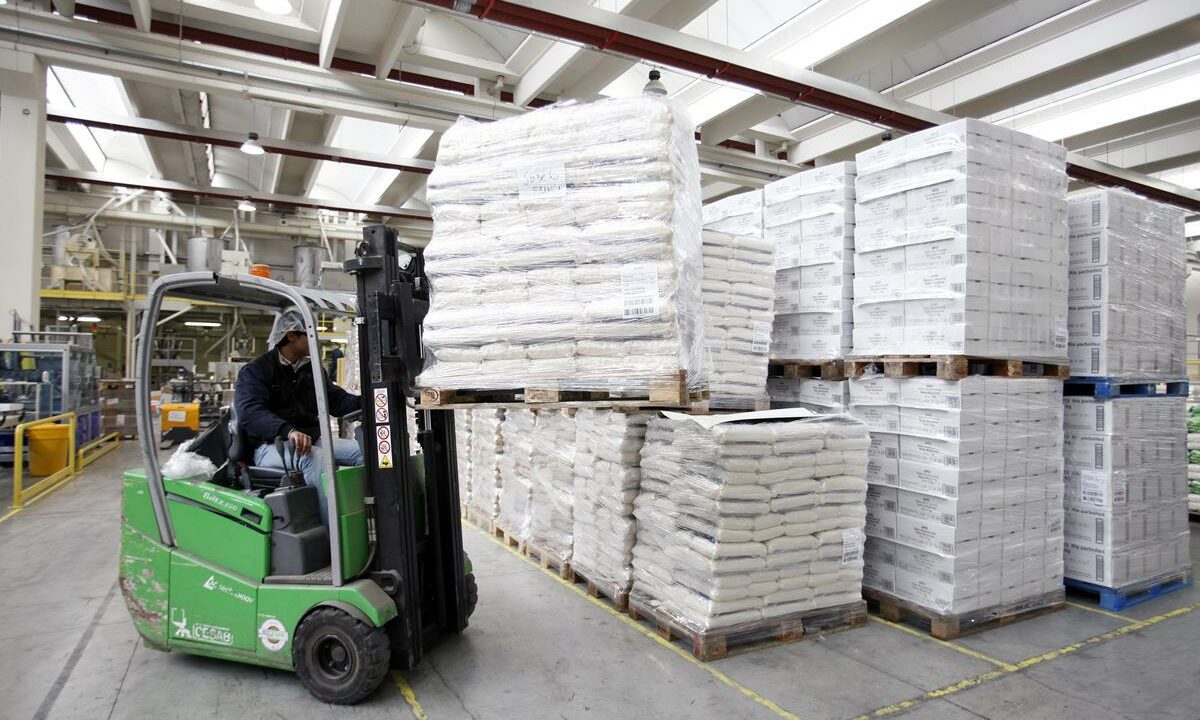It was announced today, Wednesday, April 22, that a range of measures for the European Union agri-food sector will be rolled out in response in light of the Covid-19 outbreak.
The package will see an Aids to Private Storage (APS) scheme rolled out for dairy, beef, and sheep products across the EU – worth up to a reported €80 million.
Of this €80 million package, €30 million is expected to be used for the storage of dairy products such as butter, cheese, and skim milk powder (SMP) – with a total storage capacity of 330,000t.
This would be broken into:
- SMP – 90,000t, over a three to seven-month period, worth €6 million;
- Butter – 140,000t, over a three to seven-month period, worth €14 million;
- Cheese – 100,000t, over a two to seven-month period, worth €10 million.
The storage aids are expected to range from two to seven months.
What is APS?
The APS scheme – which has previously been implemented across the EU as recently as 2016 across the dairy sector – is considered as a support to reduce oversupply on the EU market.
The idea behind the scheme is to help cover the cost of storing produce from a number of farming sectors, including: dairy; beef; and sheep. The measure is also aimed at providing some relief for seasonal imbalances in the supply and demand of a product.
However, the storage of these products will only be for a limited period of time after which the produce – which continues to belong to the entity who stored it – will come back onto the market.
The introduction of APS is considered in the context of prevailing market prices and the emerging market situation.
The aim is to remove the excess volume of products from the market in order to partially offset the price-drop impact of oversupply / reduced demand.
This scheme is only suitable for products with seasonal cycles, which will help to take pressure off markets and also the companies that process and sell these products.
Terms and conditions
The last time the scheme was rolled out – in 2016 – a number of terms and conditions were attached that had to be adhered to in terms of the storage of dairy products.
Some of the terms and conditions in the last scheme included:
- The scheme opened between certain dates and products such as cheese, SMP, or butter may enter storage between those dates and could not be withdrawn during that period. (If a product was withdrawn during that period no aid was paid);
- The product had to be stored for a minimum number of 90 days and could have been stored up to a maximum of 210 days;
- The product had to be manufactured in premises approved by the Department of Agriculture;
- The product had to be produced no more than 60 days before the date of application;
- The minimum quantity for applications for aid was 10t;
- The product offered into APS had to be manufactured exclusively from cow’s milk of EU origin with records to support this claim;
- The aid was composed of two elements – fixed costs and storage costs;
- Removal from storage could only take place providing the minimum number of 90 days of storage had been met.
